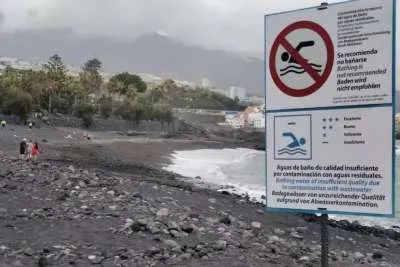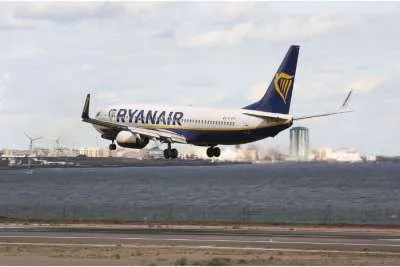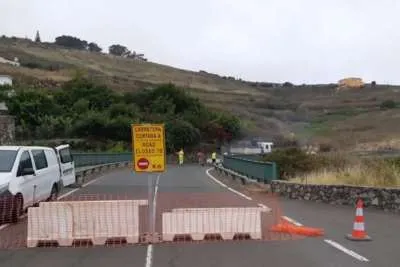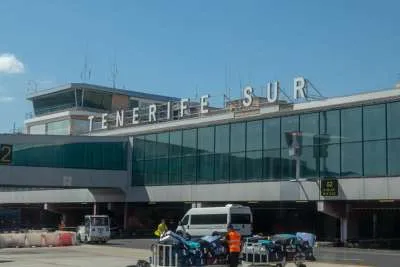Everything you need to know about the new visitor registration system in all accommodation
- 02-12-2024
- Travel
- Canarian Weekly
- Photo Credit: Freepik
Today, Monday 2nd December, the implementation of Royal Decree 933/2021 has come into effect, mandating stricter documentation and information requirements for businesses engaged in accommodation and vehicle rentals. The regulation introduces fines of up to €30,000 for non-compliance, sparking criticism from the travel and accommodation sectors, which have voiced concerns about increased bureaucracy, competitiveness loss, and potential privacy violations.
Despite these critiques, the Spanish Ministry of the Interior insists the decree adheres to principles of transparency and efficiency, involving industry stakeholders in its drafting. It emphasizes that no unnecessary administrative burdens have been added, with the regulation primarily aimed at enhancing public safety.
Who Is Affected?
The decree applies to individuals and businesses, whether a company or sole trader, engaged in providing accommodation or motor vehicle rentals without a driver. This includes hotels, hostels, apartments, villas, rural tourism accommodations, campsites, and short-term holiday rental properties offered through digital platforms.
For vehicle rentals, it excludes taxi services or rentals with a driver, but encompasses intermediaries like travel agencies and online platforms.
Under the new law, affected businesses must use the Ses.Hospedajes platform, which has been operational since 2022. As of now, there are 61,540 lodging establishments, 1,994 travel agencies, 222 digital platforms, and 1,720 vehicle rental companies registered on the website, collectively submitting nearly 4.8 million traveller data entries.
Aims of the New Regulation
The Ministry of the Interior, led by Fernando Grande-Marlaska, cites heightened national and international security risks, including terrorism and organised crime, as the primary drivers of the law. It notes that logistical services like accommodation and vehicle rentals often play a role in criminal operations.
The existing registration framework, dating back to 1959, was deemed outdated, particularly given modern digital platforms and new accommodation models like short-term holiday lets.
The decree has already enabled authorities to identify 18,584 individuals flagged in national and international databases, demonstrating its utility in enhancing public safety.
Data Collection Requirements
The regulation does not demand businesses to collect more data than they already do but specifies precise categories for reporting:
- For accommodation providers: Business and property details (e.g., name, address, tax ID), traveller information (e.g., full name, ID type and number, nationality, residence, contact details), transaction details (e.g., contract dates, payment method, and references).
- For vehicle rentals: Similar requirements to accommodation providers, with additional data about the main and secondary drivers.
Short-term, non-professional rental providers have slightly different requirements, including the property owner’s details and specific property characteristics like the number of rooms or internet availability.
Penalties for Non-Compliance
The regulation introduces a tiered penalty system for violations. Minor offences, such as incomplete records or late submissions, can incur fines ranging from €100 to €600. However, serious offences, including failure to maintain proper records or omissions in mandatory communications, carry fines of €601 to €30,000.
While the Ministry of the Interior emphasizes that the decree is not intended as a revenue-generating measure, businesses failing to comply with the new requirements will face strict consequences.
Industry Reaction
Many in the travel and accommodation sectors continue to criticise the measure, warning of potential administrative burdens and privacy concerns for travellers. However, the Ministry remains firm in its stance, emphasizing the law’s primary purpose of enhancing security while modernising outdated regulations.
Other articles that may interest you...
Trending
Most Read Articles
Featured Videos
TributoFest: Michael Buble promo 14.02.2026
- 30-01-2026
TEAs 2025 Highlights
- 17-11-2025































































